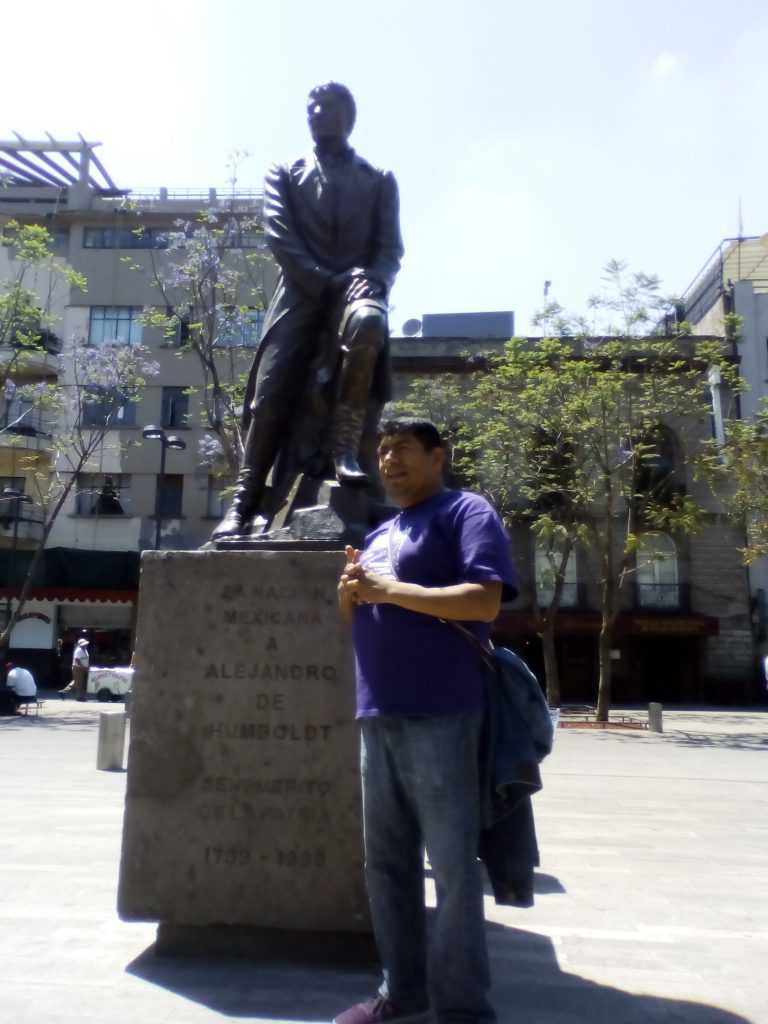JUBA, South Sudan (AP) — More than 200 child soldiers were released by armed groups in war-torn South Sudan, part of a series of releases that will see almost 1,000 children freed in the coming months.
An estimated 19,000 children are believed to be in armed forces amid the country’s 5-year civil war, which has killed tens of thousands and displaced millions. South Sudan has one of the highest numbers of child soldiers in the world, according to the U.N.
At the “laying down of the guns” ceremony, 112 boys and 95 girls were returned to their families in areas outside the town of Yambio on Tuesday. It was the first community release of child soldiers where children were directly reunited with their parents and siblings instead of first going to institutions.
“It’s about sending a clear message that children should not be in the army,” UNICEF’s representative in South Sudan, Mahimbo Mdoe, told The Associated Press. He called on all of South Sudan’s armed factions to release all children.
The release comes weeks ahead of the young country’s third round of peace talks, scheduled to be held at the end of the month in neighboring Ethiopia. A ceasefire signed on Dec. 24 was broken hours later and another round of talks were inconclusive.
To date, the U.N. has released more than 2,000 child soldiers, yet despite progress and the government’s commitment to halt the recruitment of children, advocacy groups say it continues.
“Thousands of children are exploited as cooks and porters and as domestic slaves, while girls in armed groups are regularly subjected to serious sexual abuse, taken as ‘wives’ by their captors and kept far beyond the frontlines,” said Sandra Olsson, program manager at Child Soldiers International, a rights group.
South Sudan’s government says it condemns the use of child soldiers and blames the opposition for recruiting children.
“It’s happening in areas not under our control,” army spokesman Lul Ruai Koang, told AP.
The opposition says the children in its ranks weren’t recruited but were taken in after government soldiers murdered their families.
“Many children who come to us are traumatized by what they have seen the regime soldiers do to their parents or relatives. Many witnessed their parents molested and killed,” said opposition spokesman, Lam Paul Gabriel.
But several children released by the opposition said they had been taken by force, speaking to AP at their release in February.
“They tied my eyes and tied our bodies to theirs,” said a former child soldier in Yambio earlier this year. AP is not using her name to protect the identity of a minor.
Nervously clasping her fingers, the 17-year-old said she was abducted from school in the middle of the day at the age of 14 by opposition fighters who “came in shooting.” She said for two years she was ordered hike from town to town with the soldiers and loot houses of towns that they captured. She saw many other children get killed in crossfire. “I just kept praying not to die,” she said.
The children released this week will get food assistance for three months, psychosocial support and vocational training, to help reintegrate them into their communities, said UNICEF. But some aid groups say this type of short term “emergency intervention” is not enough to keep children from returning to the armies.
“Demobilization and disarmament rarely stick while war is still going on,” said Samantha Nutt, founder of War Child USA, an international humanitarian organization that provides support to children and families in war zones.
Without longer term help from the international community, Nutt said many children will be “back in the bush fighting again a year from now.”
___
Follow Africa news at https://twitter.com/AP_Africa










